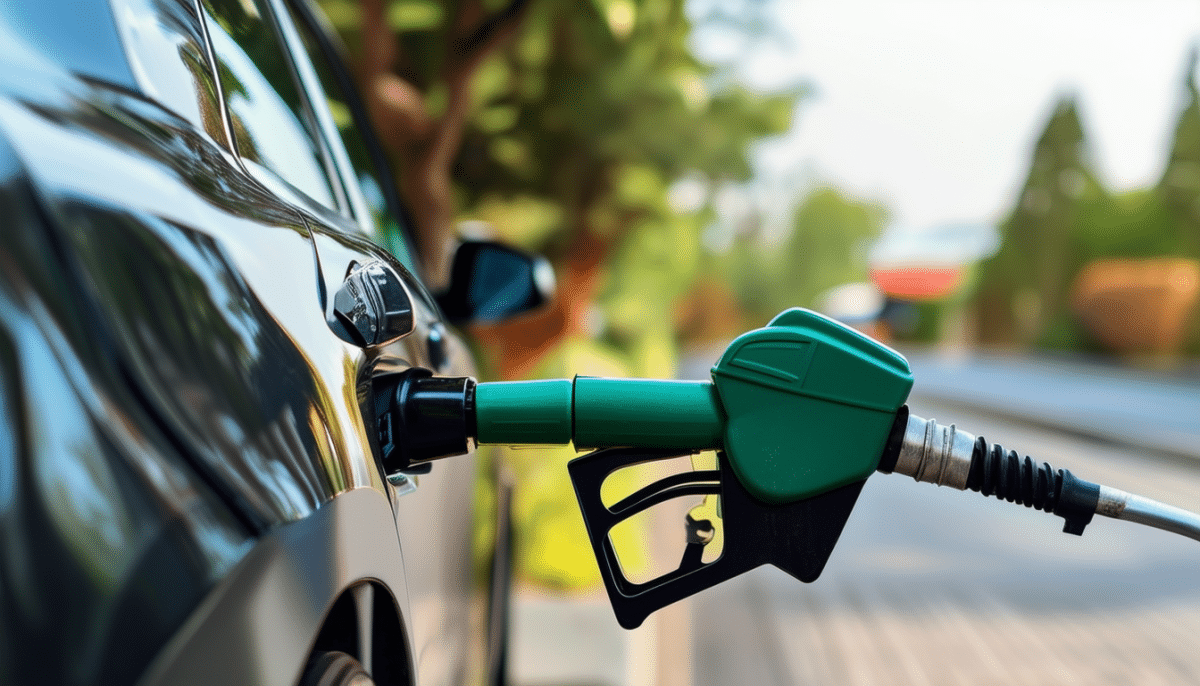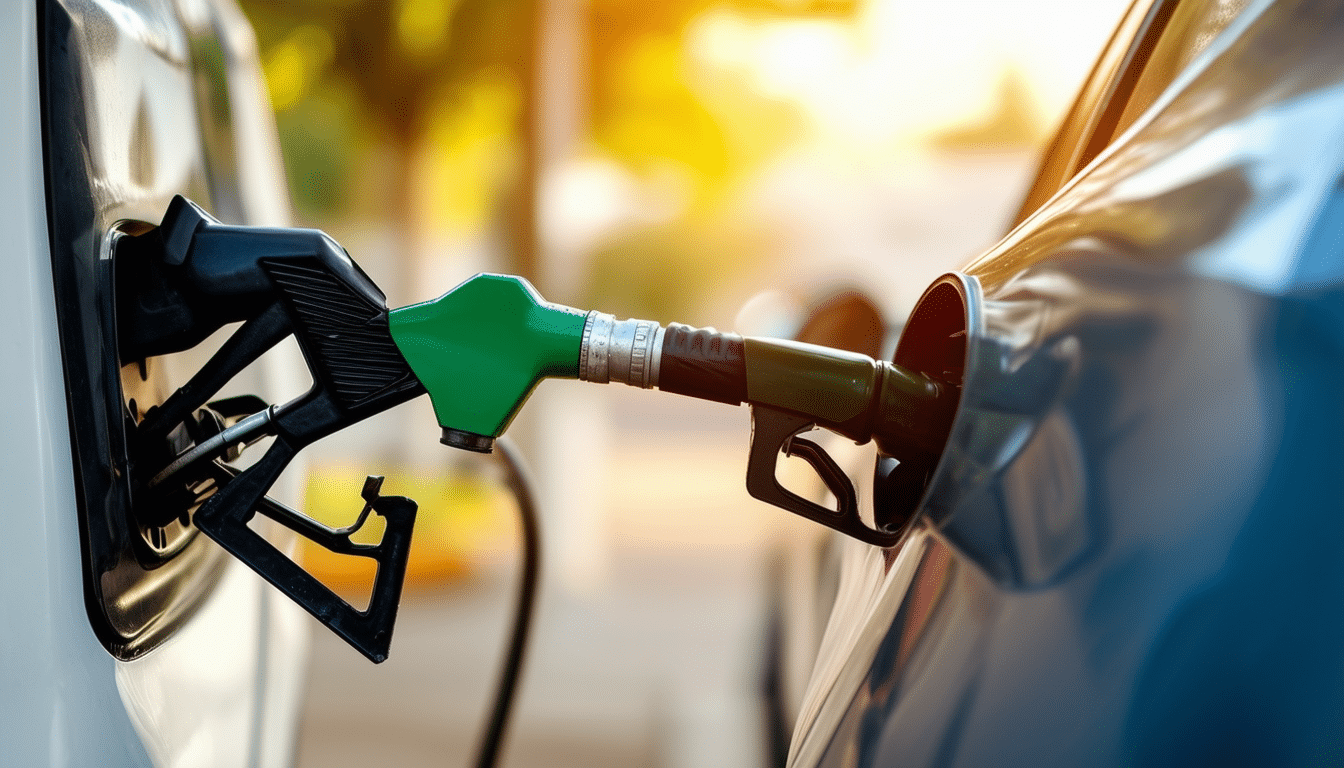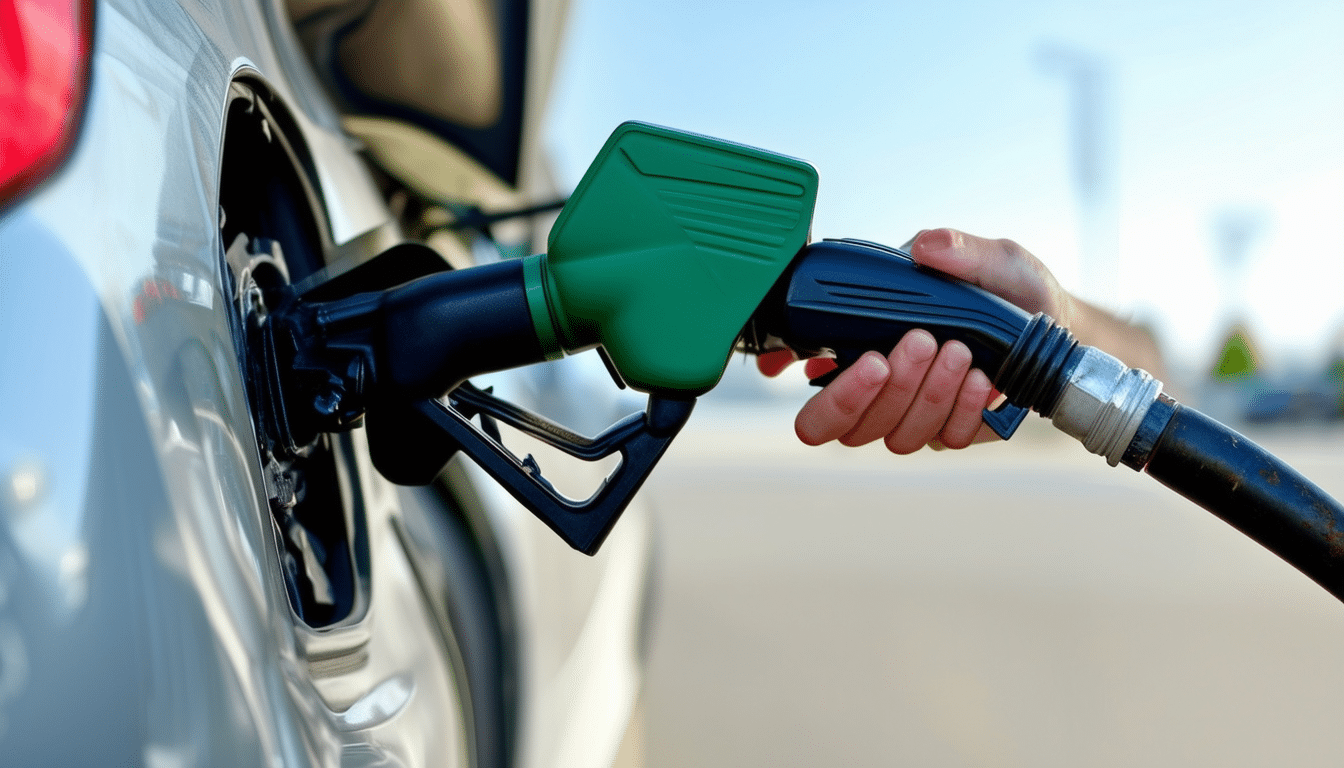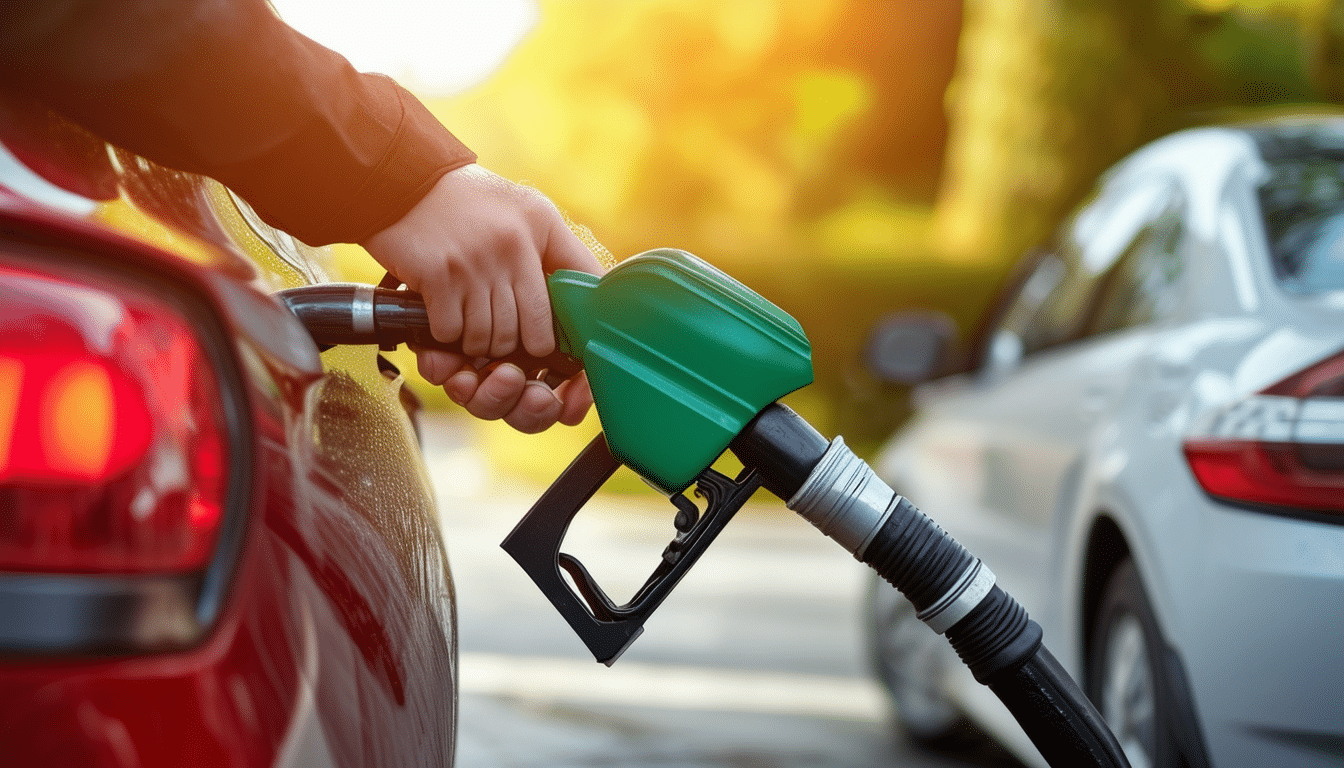Debunking the Myth: Does Fueling Up in the Morning Actually Save Money?

Find out the truth about the myth of filling up early and how to really save money.
Fuel costs by time of day

Gasoline prices can vary throughout the day, and it’s worth understanding these fluctuations to optimize your fuel costs. Here’s some useful information on the subject:
Reasons for price variations
Variations in gasoline prices according to the time of day are mainly due to supply and demand. In general, prices tend to rise at peak times, when demand is highest, and fall at off-peak times. In addition, external factors such as international events or oil price fluctuations can also influence prices.
Good times to fill up
Ideally, you should fill up early in the morning or in the evening. Prices tend to be lower at these times, as demand is lower. What’s more, fuel is denser at lower temperatures, which means you’ll get more for the same amount of money.
Avoid peak times
To save on your gas bill, it’s best to avoid filling up at peak times, usually in the middle of the day. Service stations often adjust their prices upwards during these busier periods, which can put a strain on your budget.
Use mobile applications
To track gasoline price fluctuations in your area in real time, you can use dedicated mobile applications. These will enable you to locate the cheapest stations and plan your stops accordingly, helping you to make significant savings on your fill-ups.
The impact of outside temperature on fuel consumption

The impact of heat on fuel consumption
When summer temperatures soar, it can have a significant impact on vehicle fuel consumption. This is because heat influences various aspects of engine and car operation.
1. Variation in fuel density
Heat can cause a decrease in fuel density, making each liter of gasoline less efficient in terms of energy output. This drop in density can translate into higher fuel consumption to cover the same distance.
2. Increased friction and air resistance
High temperatures can also increase friction between engine parts, requiring more energy to operate. What’s more, as hot air is less dense, air resistance is greater, which increases fuel consumption, especially at high speeds.
3. Increased use of air conditioning
In hot weather, drivers tend to use more air conditioning to keep cool, which can significantly increase the vehicle’s fuel consumption. Air conditioning puts a strain on the engine, resulting in higher fuel consumption.
4. Importance of tire pressure
In hot weather, tire pressure may naturally increase. Over-inflated tires increase the surface area in contact with the road, which in turn increases friction and fuel consumption. So it’s essential to check tire pressure regularly, especially during hot spells.
In conclusion, it’s clear that outside temperature has a significant impact on vehicle fuel consumption. To optimize your car’s fuel efficiency, we recommend that you drive smoothly and proactively, check tire pressure regularly and limit excessive use of air conditioning whenever possible.
The best times of day to refuel

Avoid rush hours
Filling up during rush hour can lead to long queues at service stations. So avoid going to the pump in the early morning, during lunchtime or in the late afternoon, when demand is highest.
Favour weekdays
Weekends are often busier at service stations because of holidaymakers’ travels or families’ leisure activities. If you fill up on weekdays, you’ll benefit from less frequented service stations and potentially lower prices.
Take advantage of low prices in the morning or late at night
Gas prices can fluctuate several times a day. To take advantage of low prices, find out which service stations in your area operate at off-peak times. Generally speaking, prices are lower in the morning or late at night.
Anticipate a long journey
If you’re planning a trip or a long journey, remember to fill up the day before. This way, you can avoid the stress of having to fill up at the last minute, especially on the freeway, where prices are often higher.
Compare prices before you go to the pump
Before you head off to the nearest service station, don’t hesitate to compare gas prices in your area. Dedicated mobile apps can show you the cheapest stations nearby, enabling you to make significant savings over the long term.
By following these tips, you can optimize your trips to the pump and make significant savings on your fuel budget.
Myths and facts about saving fuel by filling up early in the morning
The little-known benefits of early refuelling
There’s a widely-held belief that filling up early in the morning will result in significant savings. But this myth is based on confusion about ambient temperature and fuel density. In reality, the time of day you fill up has little impact on the amount of petrol or diesel you actually buy.
Tire pressure, a real lever for savings
A practice that is often overlooked, but has a significant impact on fuel consumption, is regular tire pressure checks. Under-inflated tires increase rolling resistance, which translates into higher fuel consumption. By maintaining the correct tire pressure, substantial savings can be made in the long term.
The role of driving style in fuel consumption
A key factor in fuel consumption is driving style. Rough acceleration, high speeds and hard braking all lead to higher fuel consumption. By adopting a smooth driving style, anticipating slow-downs and maintaining a constant speed, it is possible to significantly reduce fuel consumption.
The importance of regular vehicle maintenance
A well-maintained vehicle is a more fuel-efficient vehicle. Clogged filters, faulty spark plugs or incorrect engine oil can lead to increased fuel consumption. Regular maintenance, using quality parts, helps maintain engine performance and limit fuel consumption.
Ultimately, rather than focusing on popular beliefs such as the ideal time to refuel, it’s more relevant to concentrate on proven fuel-saving practices. Tire pressure, driving style and vehicle maintenance are all essential aspects to consider when it comes to limiting fuel consumption and optimizing your travel budget.